As a composer Dntel has always been attuned to the minutiae that could elevate a song from a series of vague intentions into a fully formed experiment, tapping into the smaller sounds that could elicit a response, smaller gestures in a sea of sound.
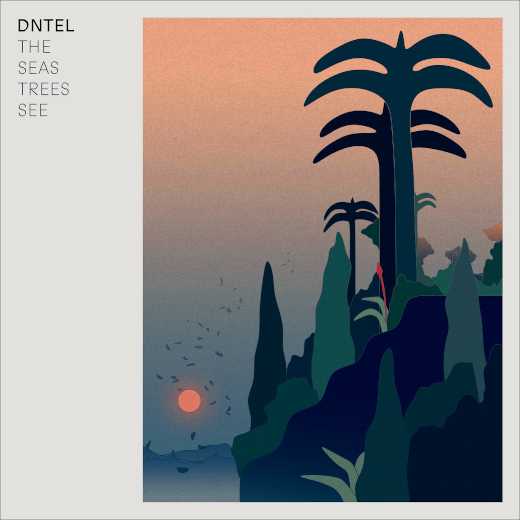
A warm hug in the face of the distressing loneliness that hides in the corners of our daily lives
Where the fuck are we now? A year into a lockdown it can feel like all of the basic desires have been somehow tamed, contorted into a sea of minimal necessities. The need to be around people, taken for granted in the Before Days, is met with the carefulness of not wanting to infect yourself with a predatory virus. As a consequence we have been confined into tiny little boxes inside tiny little boxes with only our closest technological extensions as our reprieve, our breath of fresh air into the world of interconnectedness. The dream of the media theorist of yore, back when the Internet saw worldwide adoption, was that of endless connectivity: you don’t have to leave your house in order to experience anything, it will all be right there, pulsating live in front of you. Nowadays this dream is fulfilled through endless monotony, the walk towards the fridge at 3AM after a night out does not feel the same if you have done it a thousand times per day and, crucially, your equivalent to a night out has been reduced to Oreos and a glass full of milk. We are in the loop. Your phone is your closest thing to a window into a world where everything is always happening. Music is your companion around the navigation of 50 tabs in each of your devices.
One of the most fulfilling and interesting aspects of contemporary music is how it fits into a person’s life. Is it there in the background while you lay awake in bed, lulling you gently into a dream world, or is it there to give you motivation to go for a run? Perhaps you don’t really want it to make you feel anything, you want it to take you away into a place where you can imagine music videos that fit just right to what you are listening to. In a room where nothing happens, the smallest sounds can feel like a recomforting touch. Dntel (Jimmy Tamborello) makes gentle music that, with its hidden sounds and small touches, a hint of a melody here, another there, can feel like a warm hug in the face of the distressing loneliness that hides in the corners of our daily lives. Nowadays this sentiment is more than appreciated given the relative erasing of a thousand contacts that you may have a day. It is something that recontextualizes all music nowadays, the escalating sense of lack where before used to be, if not a particular element that fulfilled it, a lot of small events, little happenings, that would make the mind run away for a while.
This goes back to The Seas Trees See (Morr Music, 2021) as Dntel is rather not fuzzed with the pyrotechnics of feeling, the rush of experience and exhilaration that did form a part of Human Voice (2014). The edges of sound in Human do, however, form the basis of a lot of the small events that constitute The Seas Trees See. The loopy nostalgia of “What I Made” threatens to become a fully formed ascending composition, but works instead towards the soothing of the listener into a particular space where the unintelligible voice that ends the song becomes an embraceable shade within the grayscale. In this sense the album can be seen as a journey of disintegration of the voice, the odd choice of starting with a vocoded remix of Kate Wolfs “The Lilac And The Apple” is the only straightforwardly recognizable set of lyrics that the listener is able to decipher with the exception of the narrated “The Man On The Mountain” and the vague but meaningful lines of “Fall in Love” The vocoder disappears rather slowly leaving Kate Wolf to utter the songs last lyrics in her recognizable tone. The change is minimal, as the vocoder does most of the work, but the ambiance of the song, underscored by gentle synthesizers, is one of minimal nostalgia that fills the album with a gentle, kind tone.
The composition of ambiance is a tricky procedure that must measure all of its ingredients carefully so as to create the mix the composer intended. As opposed to the early days of Human Voice, the eternal present affords a different reception zone for ambient and electronic music. However, as a composer Dntel has always been attuned to the minutiae that could elevate a song from a series of vague intentions into a fully formed experiment, tapping into the smaller sounds that could elicit a response, smaller gestures in a sea of sound. Dntel’s music might be gentle but it is no way ignorable. While trapped in between the impossible now of rooms inside of rooms until one door opens, The Seas Trees See forms its own type of generous invitation to take you somewhere nice.
The Seas Trees See is available on Morr Music. [Bandcamp | Linktree]









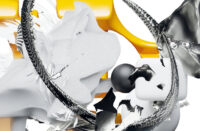


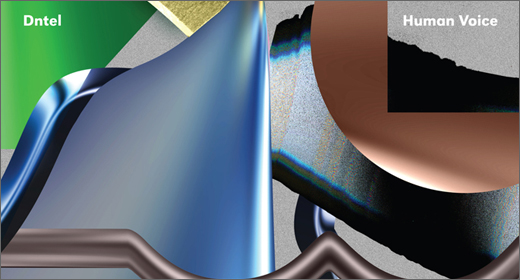
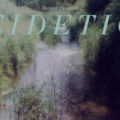
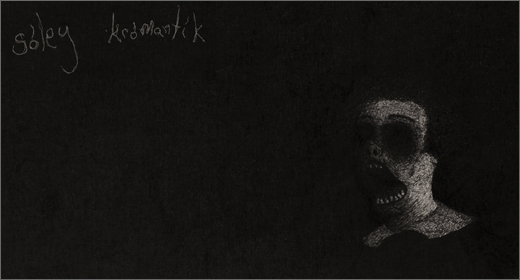
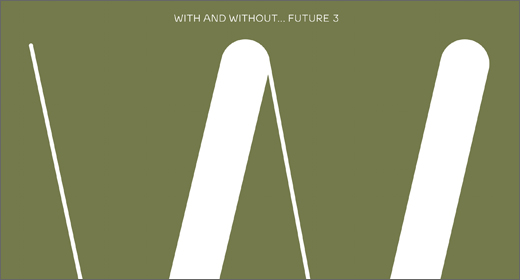
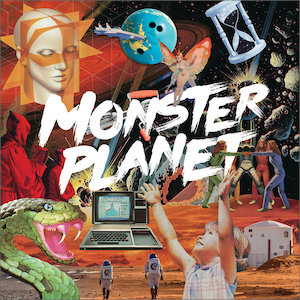

![Pole :: Tempus Remixes (Mute) — [concise]](https://igloomag.com/wp/wp-content/uploads/2025/04/pole-tempus-remixes_feat-75x75.jpg)






![Hasbeen :: Bunker Symphonies II (Clean Error) — [concise]](https://igloomag.com/wp/wp-content/uploads/2025/04/hasbeen-bunker-symphonies-ii_feat-75x75.jpg)

